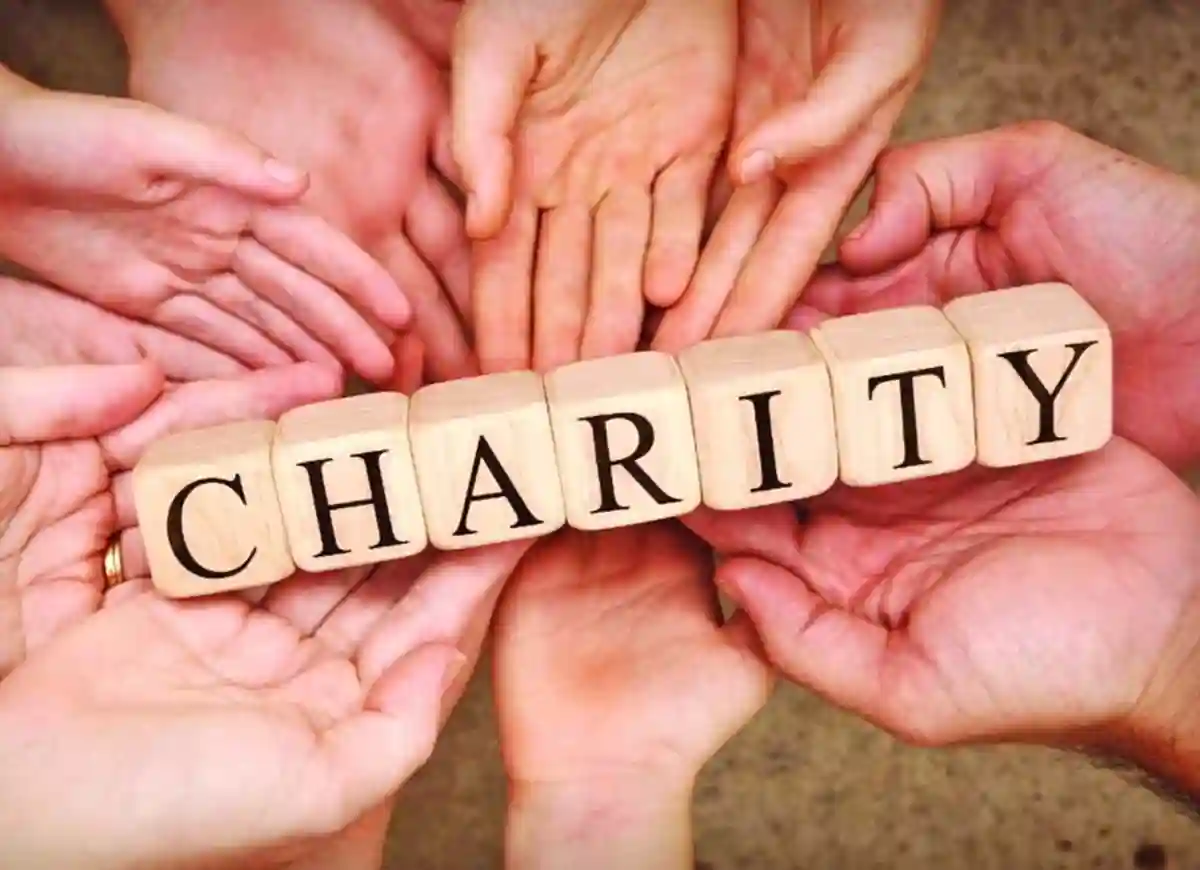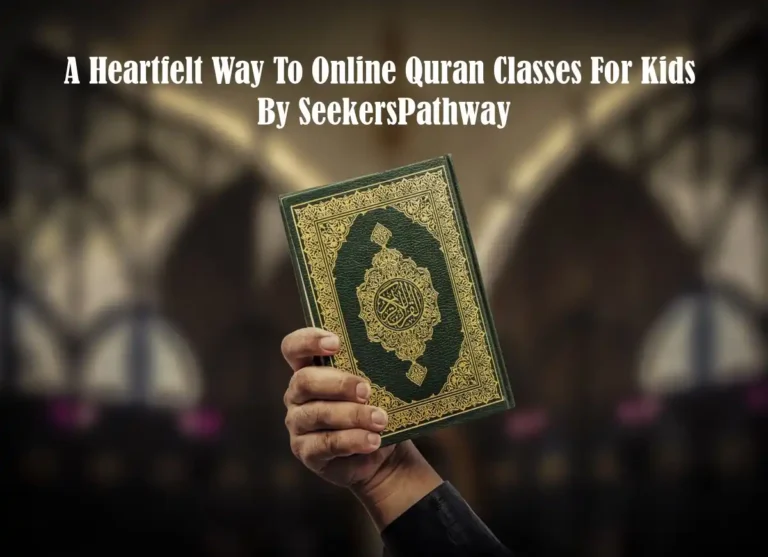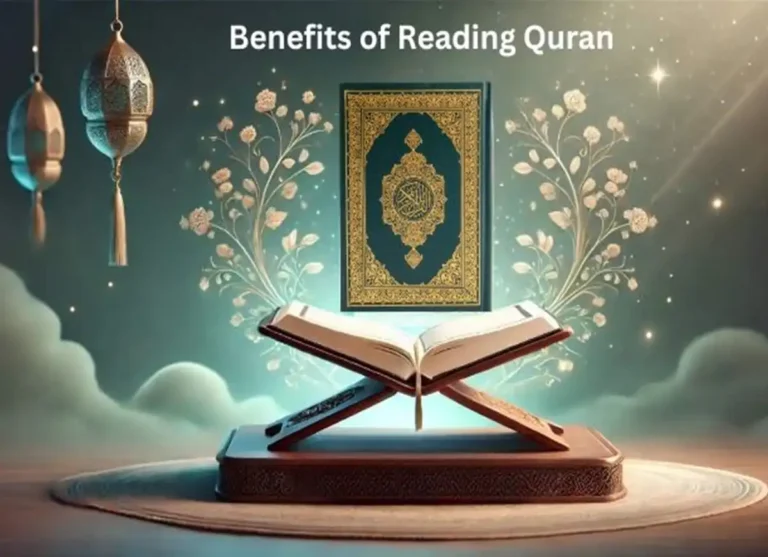Charitable Giving is the act of donating money, time, or resources to organizations that help others. It can be a powerful way to make a positive impact on the world and support causes you care about. There are many different ways to give charitably, and the best way for you to get involved will depend on your individual interests and resources.
Here are some of the benefits of charitable giving:
- It can help you make a difference in the world. By donating to a charity, you can help to support important causes and improve the lives of others.
- It can give you a sense of purpose and fulfillment. Helping others can be a rewarding experience that can make you feel good about yourself.
- It can connect you to your community. Giving back to your community can help you to feel more connected to the people around you.
- It can teach you valuable life skills. Volunteering your time or skills to a charity can help you to develop new skills and learn more about the world around you.
- It can be tax-deductible. In many countries, charitable donations are tax-deductible, which can save you money on your taxes.
If you are interested in getting involved in charitable giving, there are many resources available to help you get started. You can research different charities to find ones that align with your interests, or you can volunteer your time or skills to a local organization.
- 1 Everybody has to be able to receive this spring
- 2 Consequences for not paying Zakat
- 3 Solutions for the economic global injustice Zakat committed
- 4 Charitable is most effective when it is given in a voluntary manner
- 5 Philanthropy for the pious is not in any way discriminatory
Oliver Goldsmith, the Irish poet, once said: “Where wealth accumulates, men deteriorate.” Philanthropy is much more than the gift of money. The love for humanity expressed through the act of compassion and generosity to humanity is the definition of its dictionary.
Zakat is considered the 3rd the third pillar of Islam. It is difficult to translate it or determine its exact meaning in English. In Arabic, “zakat” originates from the root “z-k-a.” The verb “zakka, “to purify,” can also mean “to create something that grows and grows.”
Zakat is also known by the term “almsgiving.” The translation may need to be corrected if we look at the philosophy behind this pillar. There is a difference between almsgiving-Sadaqa and Zakat. Sadaqa can be described as an unpaid service of any kind which is offered by one person to the next.
The Prophet of Allah (on whom peace be) urges all to make sadaqah,, also called Khairat. Smiles, words of support, or even a half date could be considered sadaqa.
Whatever the language is differentiated based on legal reasons, the intention is to help ease the suffering of humanity. This was the case with Caliph ‘Umar. He watched children play while he delivered food to low-income families.
However, how enthralling and wonderful the Western Social Security system provides a sense of financial security, despite the lack of it in the case of those who are similar to those who receive Zakat: the disabled, sick, unemployed divorcee, victim of a disaster, etc. Isn’t this a relapse in what is known as the Qur’anic miskeen and fuqara of people with low incomes and in need?
Alms are given to those who are poor and in need. Those employed to distribute the (funds) to those whose hearts were (recently) restored (to the truth) for those who are in bonds and debt; for those who are in the direction of Allah and for the wanderer: (thus is it) that Allah has ordained Allah to be ordained by Allah. Allah is abounding in wisdom and knowledge. (9:60)
Everyone needs to take advantage of this spring.
Have you ever considered how closely charity and religion are interwoven in our lives? Emails asking for orphans in the aftermath of an event; funds required for the election of a new councilor for help in the construction of schools or a mosque and the annual fundraising walk for homeless people as well as chocolate sales to help support the construction to a local school thinking about an elderly relative in the home, and wishing that our fitra and Zakat to be counted during the Ramadan fundraising for homeless in our community. It’s like the swirling stream of an incredibly deep brook. It is a touchstone for diverse soils of need and enhances the human roots while it swoops through the vast expanse of Allah’s mercy that is harvested in the afterlife.
The story of those who put their wealth in the path of Allah is one of a kernel of corn. It develops seven ears, and each ear has 100 grains. Allah offers a variety of benefits to the people He wishes, and Allah takes care of all and knows everything. (2:261)
Zakat can be a right for the weak. Selfishly, if you leave it in your bank account to expand, you’ll cause self-disgust and depression.
Their assets and wealth (were considered) the rights of the (needy), the ones who sought help, and those who (for any reason) were denied (from making a request). (51:19)
Eliminating our lust for money and examining our morality is what donating Zakat every year can do—calculated best when you spend a portion of it on appropriate projects. Tax-deductibles are an unreturned gift and will not take away our rewards. If you also want to donate that money, this unrestricted generosity could be a sign of genuine Companion-style giving. They gave until they hurt them. However, they did not suffer any injury.
Let the man with money spend according to his resources, and the person with limited resources should spend as per the resources Allah has provided him. Allah does not place any obligation on anyone other than the resources He has granted him. If you are facing a problem, Allah will soon grant relief. (65:7)

In the event of not paying Zakat, there is a penalty.
A person who is blessed with riches and does not pay Zakat to it is considered a sinner in the eyes of Allah, who will be severely punishable on the day of Judgment. According to the hadith,
“The person who owns silver and gold, and does not offer Zakat in exchange for it and then, on the day of Judgment, the slabs of fire will be prepared for the person. The slabs will be heated in the flames of Hell, and his forehead, side, and neck are stamped with the slabs.
If the slabs are cool and scalding, they will be heated again, and the whole sequence will continue.” Additionally, “The person who has been granted wealth by Allah but does not offer Zakat in exchange for it and then, on the day of Judgment, the wealth will be transformed into a massive poisonous snake, encircling his neck. The snake will then break their mouth in two and say to him, “I am your wealth, and I am the treasures you have.’ “
We are seeking refuge in Allah. Do not be afraid of men and make sure our debts and taxes never get forgotten, and we never forget God for His kindness towards His creation!
Response to the economic global injustice of Zakat is invested.
I have observed foundations doing Zakat-related disbursements to competent organizations performing vital and effective community service.
We must distribute handouts and ensure a reliable system that can boost our economy. The campaigns to end poverty might need to be more ambitious. However, their efforts are certainly worthy of imitation. One such movement is at www.makepovertyhistory.ca.
The underlying philosophy of this has multiple aspects. Islam regards the property of wealthy people as not exclusively theirs. If they do not pay for the rights of the less fortunate, Zakat are deemed to be transgressors. Zakat serves as a year-long reminder that the money we earn and the possessions we enjoy are not indeed ours. Zakat is a gift from God.
The reward is that the entire system of economics depends on it, it-balancing the hass and have-nots while taking a little cognizance of each other’s rights and characteristics like the beasts who consume everything under the guise of globalization or the selfish who make us dependent on food stamps under the pretext of anti-capitalism.
Allah has degraded the usury and made almsgiving profitable. (2:276)
Sadaqa is a must for all. For instance, Muslims may send Ramadan hampers to local food banks during Ramadan. The concept of hunger is not a religion.
Zakat was originally a tax on goods, and the money was used to help the less fortunate (though it could be used to other ends like robbing captives of conflict). Zakat, however, is now used more frequently to refer to the giving of alms. Before tending large sums of cash to our favorite distant destinations, are we conscious of our local requirements?
In the year 2000, according to the Canadian Census, there were 320,000 registered Muslims in Ontario, and 100,000 of them were living in circumstances that are believed to be under the poverty threshold. If the 60,000 Muslims are eligible for zakat payment, there are many needy members of the community that are eligible to be eligible to receive Zakat.
If the Zakat and its obligation to charity are exclusive to Islam, Then we need to make it as distinctive to the modern world.
Like other sister organizations, United Way is the most prominent when we empty our pockets with pictures of desperate faces, whether through media or corporate fundraising. United Way is indeed fortunate to be able to help a wide range of people in this prosperous world. So, how can we continue to see our collections fighting with clutter of paper and red boxes that are moving? Be professional but honest, and Allah will bring it about.
It is the most effective way to give charity by a person who is willing to do so
While earlier, Islamic States would have organized their distribution and collection. Still, today is the time to do so, absent the ideal conditions (and accepting that some fraudulent organizations send their administrative costs way up and forget people with low incomes). We should rethink our efforts to make sure that Zakat is the symbol of voluntary philanthropy.
“Say: “My Lord hath commanded justice. You must devote your entire self (to God) at all times and locations of prayer and pray to Him with your whole heart, and make your dedication sincere and pleasing to His eye the way He created you at the beginning, and so will you return.” (7:29)
It’s almost impossible for everyone, from the affluent to the ordinary person, to pay Zakat in a stipulated manner and distribute it to those entitled. As a result, a more significant amount of Muslims are falling into the poverty trap every day.
Professor of Economics Timur Kuran takes full advantage of our flip-flop attitude towards Islam. In his work Islam as well as Mammon: The Economic Consequences that arise from Islamism ” (2004), The system has one million beneficiaries, which is around 10 percent of Pakistanis living below the poverty threshold.
A report from the government notes in this regard that in the eight years it has been operating, the zakat system administered by the state of Pakistan has had no visible effect on inequality.
There hasn’t been any noticeable decrease, the report states, in the number of people in need, and there is no tangible reduction of the burden of poverty. Given the present circumstances, there is a decline in faith in the system and the notion that Islam can provide a more sustainable economic system.
The generosity of the religious is not an excuse for discrimination.
The Caliph ‘Umar, upon seeing an elderly Jew who was begging, took him to his residence. He lent him money and informed the treasury officer that those who could not earn a living should receive stipends from the public Treasury. After observing people who were not Muslim on the return from a trip, the officer issued an order that they receive the maintenance they require from state funds.
In a letter to Adi Ibn Artah, “‘Umar Ibn ‘Abd al-‘ ‘Aziz wrote: “Be kind toward dhimmis (free non-Muslims who are subject to the Islamic State). If you notice any older or assist with maintenance, do so for them.”
Therefore, keep your obligation to Allah and adore Him whenever you can. Be attentive to Him and obey. Then, invest in charity, as it will be better for your self-esteem. Whoever is freed from the lust for self-gratification will be the ones who succeed. (64:16)
Take each side that makes up your money work and give this coin to someone. The author Julia Alvarez said, “The purpose is not to pay for kindness, but rather to transfer it to others.”
Habib Alii is the author of nine novels. The most recent one, released in Toronto and Toronto, can be found in Canadian Fiqh: Understanding Islam. Mr. Alii has been educated in Islam and holds a Masters degree. He hails from Guyana.
Categories: PRAYER (Salat), ALMS (Zakat), SAWN (Fasting) HAJJ (Pilgrimage) & DUA (Supplications), Hadith and Tafseer, The Holy Quran, Quran Jaz 1- 114
Topics: Ushr and Zakat, Hijab, Arabic Corner, Faith, Islamic History, Biography, Sirat ul Nabi PBUH, Islamic Studies, Halal & Haram
ZAKAT:
- Zakah | Zakat al Mal | Zakat – Learn Islam
- Zakat ul Fitr | Muslim Charity – Learn Islam
- Beneficiaries of Zakat | Islamic Relief Worldwide
- Importance and The Significance of Zakat in Islam
- Zakat Facts | Importance of Zakat | Benefits of Zakat
- Zakat al Fitr: The Obligatory Eid Gift to Be Made Before The End of Ramadan








